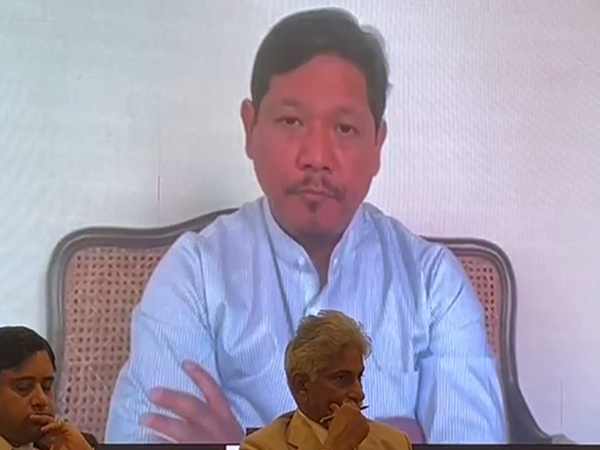Bonded labour traps thousands in Pakistan, despite law against slavery
Jul 02, 2021

Karachi [Pakistan], July 2 : Thousands of peasants in Pakistan remain entrenched in servitude under bonded labour as even after five years after the Sindh Assembly passed the Bonded labour abolition Act, the law is yet to be implemented.
After the Sindh Assembly in 2016 passed the Sindh Bonded Labour System (Abolition) Act 2015, the provincial government has yet to form 'vigilance committees' in all districts to ensure their freedom, reported The Express Tribune.
The bonded labour system refers to forced or partly forced labour, whereby individuals and their families are compelled to work without pay to pay off their debts.
It is mostly peasants and brick kiln workers, who fall prey to such agreements with rich creditors. What starts off as a small loan can leave generations of a family trapped into bonded labour.
"Out of 29 districts of Sindh, only 12 [have] committees constituted thus far. These too are not working properly. A fund was also established for the rehabilitation of freed bonded labourers but it is not utilised," said Akram Khaskheli, President of the Hari Welfare Association - an organisation working for the rights of peasants in Sindh.
Speaking to The Express Tribune, Khaskheli was referring to vigilance committees, which were to be established at district level across Sindh.
Under the law, these committees were to comprise elected representatives of the area, representatives of the district administration and representatives of bar associations, the media, recognised social service bodies and the Sindh labour department.
They were meant to ensure implementation of the 2016 law and help rehabilitate freed labourers, reported The Express Tribune.
"On the commencement of this law, the bonded labour system shall stand abolished and every bonded labourer shall stand freed and discharged from any obligation to render his services forcibly. No person shall make any advance under, or in pursuance of, the bonded labour system or compel any person to render any bonded labour or other form of forced labour," reads one of the clauses of the law. It specifies that any such agreement, whether entered into before or after this legislation, would be rendered void and inoperative.
"Every bonded labourer who has been detained in civil prison, whether before or after judgement, shall be released from detention forthwith," the law reiterated.
It further lays out a penalty of a prison term not less than two years and not more than fine years or a fine of Rs100,000 or both for any individual who enforces bonded labour on any individual under any custom, tradition or agreement, reported The Express Tribune.
And yet, research carried out by the HWA revealed that despite the enactment of the law, the practice of bonded labour prevails in various districts of the province.
Bonded labour, or modern slavery, is especially common in lower Sindh, including Badin, Sanghar, Tando Allahyar, Mirpurkhas, Umerkot, Shaheed Benazirabad and Hyderabad districts.
"More than 3,000 cases have been reported in 2020 alone as compared to 1,700 cases in 2019," said Khaskheli, quoting the findings of the research.
According to him, the government's role appears to be negligible in ensuring the release of individuals and families trapped in bonded labour by influential landlords.
Between 2013 to 2019 only 5,639 individuals were released from this practice, he added. In all of these cases, the police had raided the lands of such influentials on judicial orders and produced family members trapped in bondage before the court, reported The Express Tribune.
However, peasants rights activist Shujahuddin Qureshi, who works with the Pakistan Institute of Labour Education and Research (PILER) noted that not a single case of bonded labour was registered nor was any landlord involved in this practice arrested.
Meanwhile, officials in the Sindh government apprised that the International Labour Organisation (ILO) had asked the provincial government a while ago to provide details of cases lodged under the law passed in 2016. The ILO had also sought a report pertaining to trials and prosecutions. But the Sindh government has yet to make any such data public, reported The Express Tribune.


















